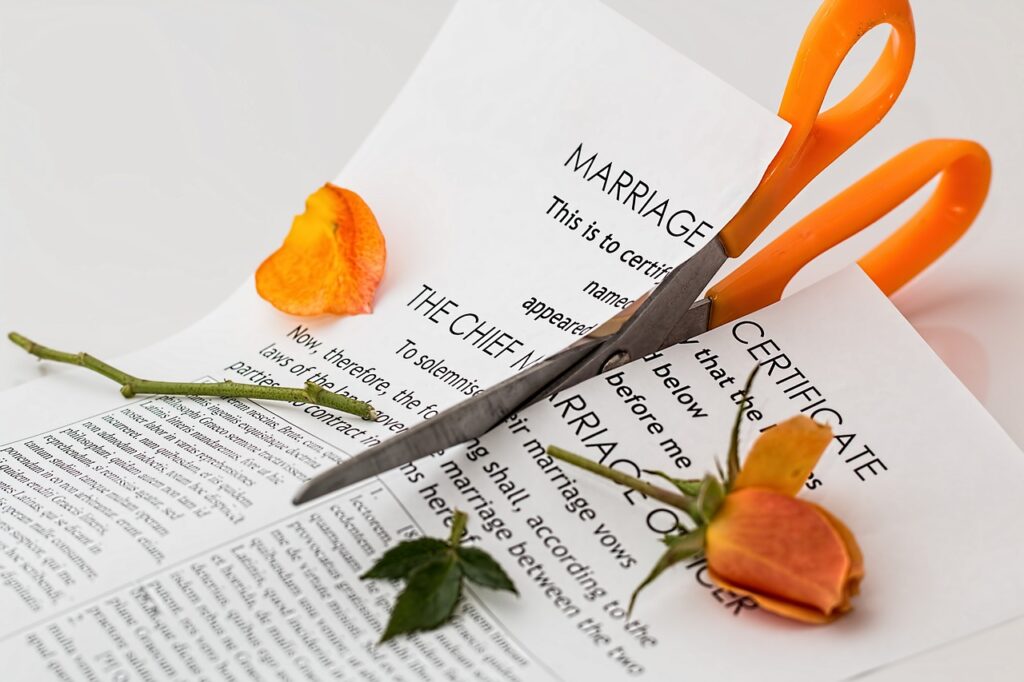Now Reading: A Guide to Conducting an Effective Investigation Interview
-
01
A Guide to Conducting an Effective Investigation Interview

A Guide to Conducting an Effective Investigation Interview
Conducting effective investigation interviews is a crucial part of law enforcement work. As an officer, you must understand the proper procedures to achieve successful interview results and develop helpful evidence for your case. However, interviews can be challenging, time-consuming, and emotionally taxing on both officers and witnesses, so they must be conducted professionally with clear objectives. This guide will provide you with all the essentials and best practices needed to conduct an insightful and productive investigation interview every time.
An investigation interview involves gathering information from a person to determine a case’s facts. These interviews must be conducted properly to ensure accuracy and avoid bias. Here are some tips on how to conduct an effective investigation interview.
Prepare for the Interview
Familiarize yourself with the subject matter so that you have a better understanding of the situation when posing questions. Prepare questions ahead of time so that they are direct, clear, and non-leading while at the same time allowing for open-ended answers.
Creating a comfortable environment for the person being interviewed is also important. You can do this by providing a quiet space away from distractions and allowing plenty of time for the interviewee to answer questions without feeling rushed. Taking extra steps to prepare can ensure your interview is effective and successful in pinpointing relevant information and leading toward a resolution for the investigation.
Establish Rapport
Establishing rapport with your interviewee is essential if you want them to open up and provide honest answers. Take the time to get to know your interviewee personally, and inform them why you are conducting the investigation and what will happen afterward. Greet them with a friendly demeanor and make it clear they can trust you.
You should also provide explanations if needed and allow them to ask questions to make them more comfortable throughout the interview. During the conversation, maintain eye contact with your interviewee and allow for moments of silence to give them time to think about their responses. Ensure that you are clear in your questions and that the interviewee understands what you are asking them.
If at any point it appears that your interviewee is feeling overwhelmed or uncomfortable, take a break so that they can compose themselves before continuing the conversation. Additionally, create a non-threatening environment in which to have the conversation so that the interviewee does not feel intimidated or pressured and is more likely to be open and honest.
Record Everything Accurately
Make sure that all of your notes are accurate and complete so that nothing gets missed or misinterpreted later on down the line. Use audio or police interview recording devices from simplevideo.io so that you can go back and review what was said later on if needed. Recordings not only provide a way to refresh memories but also provide valuable insight into conversations and behavior.
Additionally, ask for clarification if something wasn’t appropriately understood during the conversation, so there isn’t any confusion later on when reviewing your notes or recordings. It is also important to remember that all information gathered during an investigation interview should be kept confidential. Any notes or recordings should only be shared with other professionals involved in the investigation and not disclosed to anyone else outside the investigation.
Listen Carefully
Ensure that you are actively listening to the interviewee and taking note of any verbal or non-verbal cues they may be giving off to identify if they are holding back any information or if something else is going on. Keep an eye out for any inconsistencies in the story that could mean the interviewee might be lying or withholding information. Remember to remain patient and give the individual enough time to think about their responses and answer fully.
Ask Open-Ended Questions
Open-ended questions allow the interviewer to gain more information and insight into the situation. These questions should be direct and clear while avoiding being overly leading or aggressive, as this can cause the interviewee to feel uncomfortable or possibly give inaccurate information.
Ensure you take the time to listen carefully to their answers and ask follow-up questions based on their responses. For example, suppose the interviewee mentions something relevant to your investigation but does not provide any other details. In that case, you should ask them for more information about what they said. It will also create a comfortable atmosphere in which the interviewee will be more likely to provide honest information. Avoid judgment or assumptions when asking questions, as this can make the conversation off-topic and minimize your chances of getting useful information.
Keep Calm and Control the Interview
It is essential to remain composed and in control of the interview. If the interviewee starts getting defensive or argumentative, maintain a firm but respectful demeanor while remaining aware of any emotions influencing their behavior. Additionally, give them time to think about their responses and do not force them into giving answers if they are unsure. If the interviewee becomes uncooperative or hostile, it is vital to remain calm and professional, as this can help defuse any potential conflicts.
Keep an Open Mind
When conducting an investigation interview, keep an open mind and avoid making assumptions or judgments before the conversation ends. It is also essential to remain objective throughout the entire process and not allow personal biases or beliefs to influence the outcome of the investigation. Remember that everyone interprets situations differently and may not provide an accurate account of the events in question. It is essential to use critical thinking skills throughout the process to understand what happened and make informed decisions based on the interview.
Analyze the Information
Once the interview is complete, analyze all the information gathered and determine if any additional questions need to be asked or statements clarified. Review all the notes taken during the conversation and make sure that nothing was missed or misinterpreted. It is also essential to consider any potential biases or personal beliefs that might have influenced the outcome of the investigation. Once all this is done, you should be able to make an informed decision and move forward with any necessary action.
Conducting an investigation interview is a complex and vital process that requires patience, objectivity, and critical thinking. It is essential to record all conversations accurately, listen carefully to the interviewee, remain open-minded throughout the entire process, and analyze all information gathered to reach an informed decision. With these tips, investigators can gather accurate information while avoiding bias.










